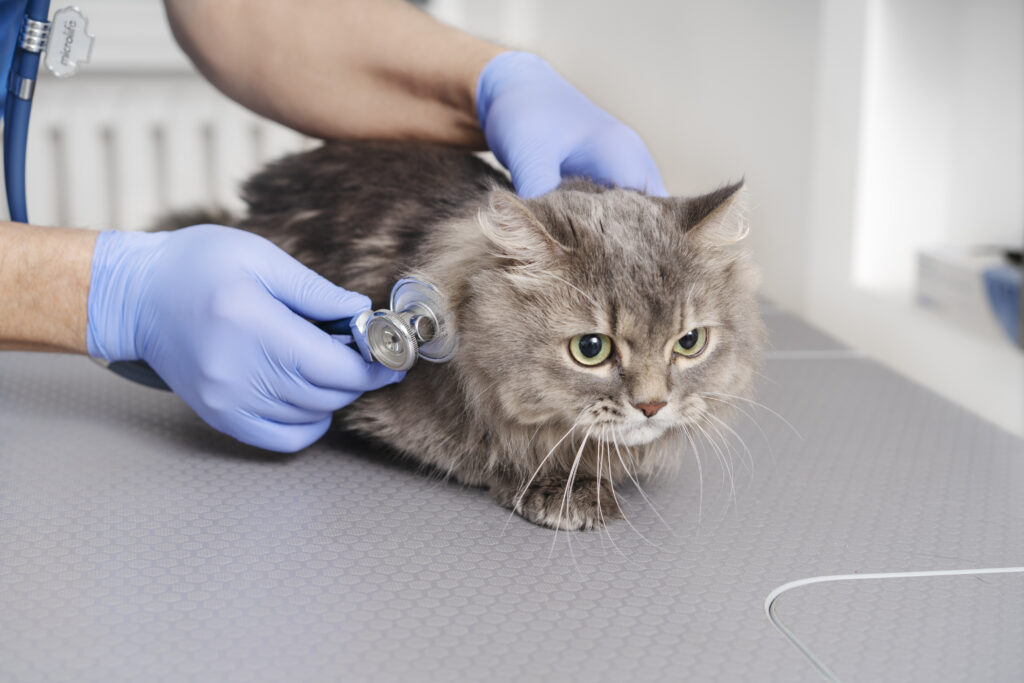
Introduction
Vaccinations are essential for keeping pets healthy, preventing deadly diseases, and ensuring they live long, happy lives. Yet, the cost of routine vaccines can add up quickly, especially if you have multiple pets. This raises a common question among pet owners: does pet insurance cover vaccines?
The answer is not always straightforward. Coverage depends on the type of insurance plan you choose, your pet’s age, and sometimes even the region where you live. In this article, we’ll dive deep into pet insurance, reveal what is usually covered when it comes to vaccinations, and offer tips to help you save money while keeping your furry friend protected.
Understanding Pet Insurance Coverage
Pet insurance is designed primarily to help pet owners manage unexpected veterinary costs. Most standard plans focus on accidents and illnesses, but routine preventive care—including vaccinations—is often treated differently. Understanding the nuances of these policies can save you from unwelcome surprises at the vet.
Types of Pet Insurance Plans
- Accident-Only Plans
Accident-only insurance covers injuries caused by accidents, such as broken bones, ingestion of foreign objects, or vehicle accidents. While these plans can be lifesavers in emergencies, they do not cover routine care, including vaccines. - Accident and Illness Plans
These plans are more comprehensive, covering both unexpected injuries and illnesses like infections or chronic conditions. However, routine preventive care such as annual vaccinations is usually not included unless explicitly added as an optional wellness rider. - Wellness or Preventive Care Plans
Preventive care plans, often called wellness plans, are designed to cover routine veterinary services. This includes:
Vaccinations
Annual checkups
Flea and tick prevention
Dental cleanings
Some insurers offer wellness coverage as an add-on to standard accident and illness plans, while others provide it as a standalone policy.
Vaccines Commonly Covered by Pet Insurance
When vaccines are included in a wellness or preventive care plan, coverage often applies to the following:
Core vaccines for dogs:
Rabies
Distemper
Parvovirus
Adenovirus
Core vaccines for cats:
Rabies
Feline viral rhinotracheitis, calicivirus, and panleukopenia (FVRCP)
Optional vaccines (may require extra coverage):
Bordetella (kennel cough)
Lyme disease
Leptospirosis
Canine influenza
It’s important to check your policy details because some insurers only cover core vaccines, while optional or lifestyle vaccines may require additional payment.
Factors Affecting Vaccine Coverage
Several key factors determine whether pet insurance will cover vaccinations:
- Type of Plan: Only wellness or preventive care add-ons generally cover vaccines. Accident-only or standard illness plans will usually exclude them.
- Age of Your Pet: Some insurers limit coverage for pets above a certain age, particularly for wellness plans. Vaccinations for older pets may not be included.
- Frequency of Vaccination: Coverage might be restricted to annual vaccines only. If your veterinarian recommends boosters more frequently, you may need to pay out of pocket.
- Geographical Location: Insurance policies can vary based on your country or state regulations. Always confirm local rules that might affect vaccine coverage.
Pros and Cons of Using Insurance for Vaccines
Pros
Financial Relief: Wellness coverage reduces the upfront cost of vaccines.
Consistency: Encourages timely vaccinations, keeping your pet healthy.
Comprehensive Care: Some wellness plans cover additional preventive services beyond vaccines.
Cons
Extra Cost: Wellness add-ons increase monthly premiums.
Limited Coverage: Optional vaccines or age-related restrictions may not be covered.
Administrative Hassle: Some insurers require receipts or pre-approval for routine care reimbursement.
Tips for Saving on Pet Vaccines
Even if your insurance doesn’t fully cover vaccines, there are ways to save:
- Bundle Preventive Services: Some veterinary clinics offer discounts when you bundle vaccines with annual checkups or other services.
- Look for Low-Cost Clinics: Many animal shelters or local veterinary associations host low-cost vaccine clinics.
- Compare Policies: Choose a plan that includes wellness coverage if vaccines are important to you.
- Ask About Payment Options: Some insurers reimburse vaccines at a percentage of the cost. Knowing this upfront can prevent surprises.
Conclusion
While standard pet insurance primarily covers accidents and illnesses, routine vaccinations are typically included only in wellness or preventive care plans. Coverage depends on your policy, your pet’s age, and the type of vaccines required.
Pet owners should carefully review insurance plans, understand what is included, and consider the benefits of wellness coverage to ensure their pets receive essential vaccinations without financial stress. By doing so, you protect your pet’s health and your wallet, keeping your furry friend happy, healthy, and safe for years to come.


